July 02, 2012
Once There Was Hindutva Terror ...?
FULL TEXT AT: http://www.sacw.net/article2714.html
This site is under the patronage of St. Mary Magdalene. Jesus said, "He that is without sin among you, let him first cast a stone..." Then Jesus lifting up himself, said to her: "Woman, where are they that accused thee? Hath no man condemned thee?." Who, St. Mary Magdalene, said: "No man, Lord." And Jesus said: "Neither will I condemn thee." Jesus spoke to: them, saying: "I am the light of the world. He that followeth me walketh not in darkness, but shall have the light of life."

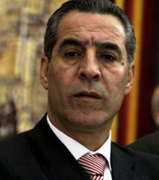 A Palestinian family from Ramallah recently demanded that President Mahmoud Abbas punish his so-called Civil Affairs Minister, Mr. Hussein Al-Sheikh, who they say raped their minor daughter. Minister Al-Sheikh bamboozled the girls’s family and convinced them to accompany him on a journey of recreation to the shores of Tel Aviv, where he raped the girl. The immoral behavior of the minister has caused the understandable resentment and anger of her family, which lives in conservative Palestinian society where girls and women are “punished” with death for even being looked at, what is called “honor killings”.
A Palestinian family from Ramallah recently demanded that President Mahmoud Abbas punish his so-called Civil Affairs Minister, Mr. Hussein Al-Sheikh, who they say raped their minor daughter. Minister Al-Sheikh bamboozled the girls’s family and convinced them to accompany him on a journey of recreation to the shores of Tel Aviv, where he raped the girl. The immoral behavior of the minister has caused the understandable resentment and anger of her family, which lives in conservative Palestinian society where girls and women are “punished” with death for even being looked at, what is called “honor killings”.
According to my knowledge Israel nominates the Palestinian Ministers who deal with their military officers, and not the Palestinian Authority. The PNA only offers up a list of names, from which their “security” system, Mossad, Shabak, military intelligence, choose the persons who they want. Al-Sheikh, the current Palestinian Minister of “Civil Affairs”, does not “deal” with an Israeli minister but sits in Beit-Il in the office of some IDF officer (or even a simple soldier) whenever he needs an ID or a travel permit for any Palestinian, and receives (or not) what he comes to ask for, plus orders.
In the occupied Palestinian territories, the old Jordanian and Egyptian laws which were issued before 1967 are still being implemented at courts of justice despite nobody wanting them and many efforts to replace them. These inhuman old laws protect rapists of women and minor girls discriminate between men and women. Under these laws, the girls who are subject to rape and are over the age of 15 have no rights, because these laws deal with them not as victims, but as if they had consented to the rape. These inhuman laws were introduced in the Middle East by the French many decades ago and later copied by the Jordanians, before 1967.
Under this criminal regime, the Palestinian community is faced with an increase of “honor killing” of girls and women because of the increase of sexual crimes perpetrated by PA figures who know they remain impune. The PA ignores this issues and responds to it with increasingly brutal suppression against the nation, imposing its power and control by arresting not only the political opposition but anybody who dares to speak out about their crimes.
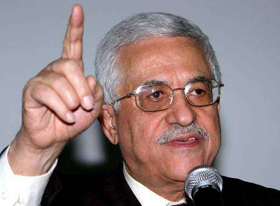 In more than one case of rape and honor killing, President Abbas and his ministers promised to change the family laws in Palestine to reflect the will of the people and implement justice and equality for women. Actually, he changed several laws which serve the military, his interest and power, but under the laws which concerns the Palestinian family, women are still the subhumans. The promises of Abbas have remained in place because he fears that changing the laws will negatively his ministers, officers, senior officials and employees in power who use the impunity in law and among their peers continue to rape women and harass girls and workers sexually.
In more than one case of rape and honor killing, President Abbas and his ministers promised to change the family laws in Palestine to reflect the will of the people and implement justice and equality for women. Actually, he changed several laws which serve the military, his interest and power, but under the laws which concerns the Palestinian family, women are still the subhumans. The promises of Abbas have remained in place because he fears that changing the laws will negatively his ministers, officers, senior officials and employees in power who use the impunity in law and among their peers continue to rape women and harass girls and workers sexually.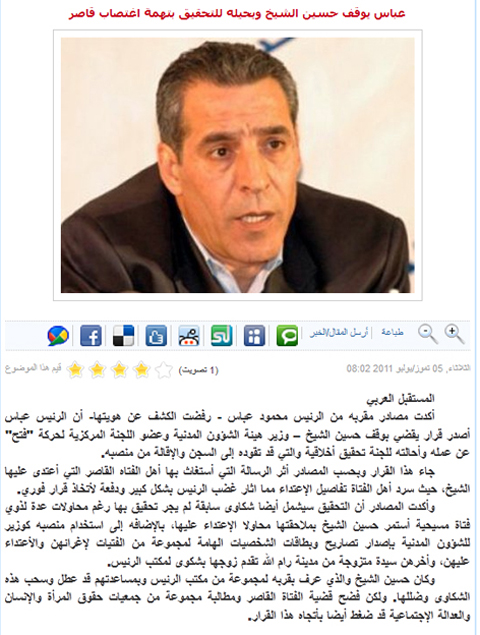
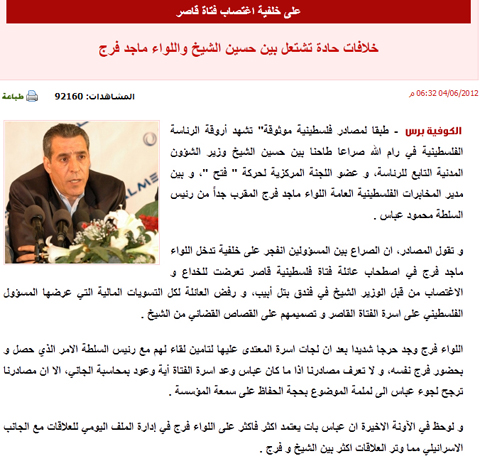
Palestine Cry: Europa & Palestine News « Kawther Salam « The Shameful Crime Of Modern-Day Slavery
Europa & Palestine News « Kawther Salam « The Shameful Crime Of Modern-Day Slavery
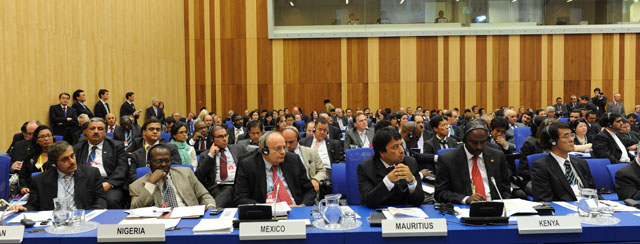
Yury Fedotov, Executive Director of the United Nations Office on Drugs and Crime (UNODC) stated in his remarks at the opening of the 21st session of the Commission on Crime Prevention and Criminal Justice (CCPCJ) in Vienna on Monday 23 April 2012, that there is a growing recognition that transnational threats, violence and corruption are major impediments to the achievement of the Millennium Development Goals (MDGs), adding that these crimes have impact on every economy, in every country and they are particularly devastating in weak and vulnerable countries.He called human trafficking a “shameful crime of modern-day slavery”, saying that as many as 2.4 million people suffer the misery of human trafficking.
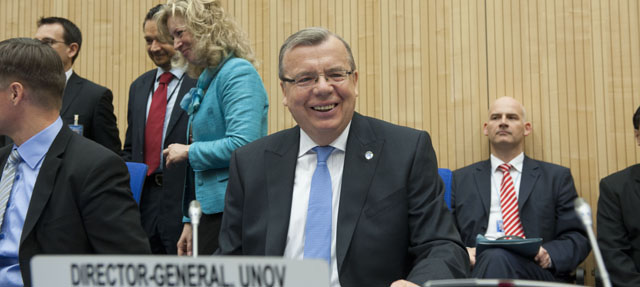
Mr. Fedotov said: “corruption is another concern of the meeting. It is estimated that up to US$40 billion is lost through corruption in the developing countries. Trafficking and smuggling increase in conditions where there is conflict, lack of security or a weak rule of law”. Fedotov said that “criminal business” earns those behind it $2.1 trillion – nearly 1.6 trillion euros a year, which he said is equivalent to nearly 7 percent of the size of the global economy.
To change the situation, Mr. Fedotov said that anti-crime activities have to be integrated into the sustainable development agenda, as well as programmes of action for the rule of law which form the foundation for human rights.
He stressed that UNODC’s strength derives from its long experience working with partners and nations on drugs, crime and terrorism. However, Mr. Fedotov also said that the solid foundation for UNODC’s work comes from the UN Conventions on drugs, crime and corruption. “I call on all Member States to become parties and to implement these conventions,” he added.
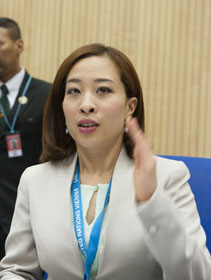 The 21st Session of the UN Commission on Crime Prevention and Criminal Justice is chaired by HRH Princess Bajrakitiyabha Mahidol of Thailand. Among those addressing the Opening Session were President of ECOSOC Miloš Koterec, the chef de cabinet of the President of the General Assembly Mutlaq Al-Qahtani, the Secretary-General of the World Tourism Organization Taleb Rifai, Minister of Interior of Pakistan A. Rehman Malik, Vice Minister of Justice of China, Zhao Dacheng and Deputy Minister of Justice of the Republic of Korea, Min-Soo Kook.
The 21st Session of the UN Commission on Crime Prevention and Criminal Justice is chaired by HRH Princess Bajrakitiyabha Mahidol of Thailand. Among those addressing the Opening Session were President of ECOSOC Miloš Koterec, the chef de cabinet of the President of the General Assembly Mutlaq Al-Qahtani, the Secretary-General of the World Tourism Organization Taleb Rifai, Minister of Interior of Pakistan A. Rehman Malik, Vice Minister of Justice of China, Zhao Dacheng and Deputy Minister of Justice of the Republic of Korea, Min-Soo Kook.
The CCPCJ was attended by around 800 people, the representatives of 111 states and 38 NGOs. Its main theme is violence against migrants, migrant workers and their families, but it will also discuss State oversight in civilian private security services, countering maritime piracy and the treatment of prisoners, amongst other issues.
On the second day of the 21st Session of the UN Commission on Crime Prevention and Criminal Justice, 24 April 2012, Mr. Fedotov and Mr. Taleb Rifai, Secretary-General of the World Tourism Organization (UNWTO) called for concerted global action at every level of society to stand against human trafficking, especially child trafficking, and sex tourism.
Combating Human Trafficking
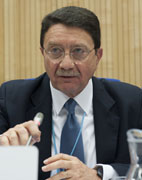 Mr. Rifai said: “We are here to reiterate the tourism sector’s commitment to combating human trafficking, an unacceptable affront to human rights and dignity, and to set out clear steps for stronger cooperation in fighting one of the most dreadful crimes of our time.”
Mr. Rifai said: “We are here to reiterate the tourism sector’s commitment to combating human trafficking, an unacceptable affront to human rights and dignity, and to set out clear steps for stronger cooperation in fighting one of the most dreadful crimes of our time.”
Yesterday, UNODC and UNWTO signed a memorandum of understanding to step up cooperation against this form of exploitation.
A staggering one billion tourists, or one in 7 of the world’s population, will travel abroad in 2012 – and the sector is expanding. While this expansion drives economic growth, job creation and development, there is evidence that the tourism infrastructure is also being used for the exploitation of and trafficking in persons – and children are especially vulnerable.
Victims of trafficking are most often enslaved for sexual purposes, but they might also be found in kitchens or cleaning guest-houses, restaurants and bars. Tourism infrastructure can, in turn, create markets for forced and exploitative begging and street hawking. Even organs from victims of trafficking are used today to attract people who need a transplant.
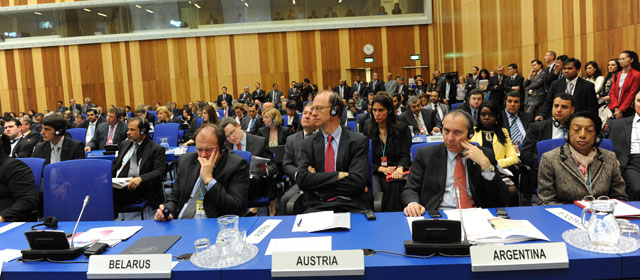
The tourism sector can and should play a vital role in preventing human trafficking linked to tourism, including sexual exploitation, said Mr. Fedotov. Codes of conducts for tourism companies have been developed – based on the UNWTO Global Code of Ethics for Tourism approved by the UN General Assembly in 2001 – and laws enacted that allow for the prosecution in their homeland of tourists who engage in sexual conduct with children. These efforts need to be strengthened and built upon, he added.
In India, for example, the Ministry of Tourism, UNODC, the private sector and Save the Children have jointly developed and adopted a national Code of Conduct for Safe and Honourable Tourism, based on the Global Code. Hoteliers and tour operators have pledged to abide by the Code to make sure that no one involved in the hospitality industry is forced to use drugs or is sexually exploited. The model is ready to be replicated in other countries.
Hotel companies are carrying out awareness campaigns and providing vocational training for trafficked persons. Marriott International, for instance, has taken a comprehensive approach since 2006 to such human rights abuses through policy commitments and staff training. Marriot also runs community outreach programmes which helps vulnerable young people, including rehabilitated victims of human trafficking, providing them with new life opportunities and training skills at their hotels.
Dr. Thomas Mayr, National Expert in the Austrian Federal Ministry of Economy, Family and Youth, highlighted an initiative by Germany, Switzerland and Austria to fight cross-border child abuse with a tri-national awareness campaign targeting child sex tourism and pornography, while aiming to reinforce the networks that protect minors.
By enhancing their public image, ethical companies and destinations can ultimately benefit from more business. “We must raise awareness of human trafficking in the tourism sector. Consumers should be able to make an informed choice about where they choose to spend their money- and crucially, how it will be used,” said Mr. Fedotov.
“It is appalling to see tourism infrastructure being used by traffickers to victimize the vulnerable, yet our sector is firmly committed to reclaim this same infrastructure and use it for awareness raising in the fight against trafficking,” said Mr. Rifai.
_________________________________________
See these links for related topics:
Palestine Cry: Three genocides - 1. PALESTINE - 2. ENGLAND & CHINA & UNITED STATES - 3. JAPAN